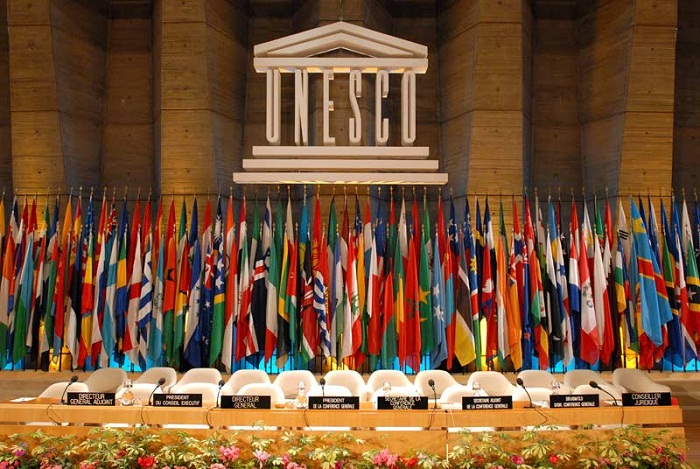As newly independent countries joined between the 1950s and 1970s, it turned its attention to access to education for all girls and boys and tackling illiteracy, which remain major challenges.
UNESCO led the movement to protect the environment and sounded the alert over the planet’s shrinking biodiversity. Through its “Man and the Biosphere Program”, established in 1971, it sought to reconcile both the use and conservation of natural resources. It was the first step towards sustainable development.
The Nubian Temples campaign of the 1960s to save Egypt’s most famous monuments from the rising waters of the Aswan High Dam transformed approaches to cultural heritage protection and inspired the creation of the World Heritage programme, dedicated to safeguarding sites of outstanding universal value. This laid the basis for widening UNESCO action to safeguard three dimensions of heritage - tangible, intangible and documentary - and to promote respect for cultural diversity on the basis of human rights.
Through the development of community radio and multimedia centres, training for journalists, helping governments design media laws or, encouraging them to develop broadband services for all, UNESCO has championed freedom of expression, the rights of citizens to information, and helped lay the foundations of tomorrow’s Knowledge Societies.
More about:
















































